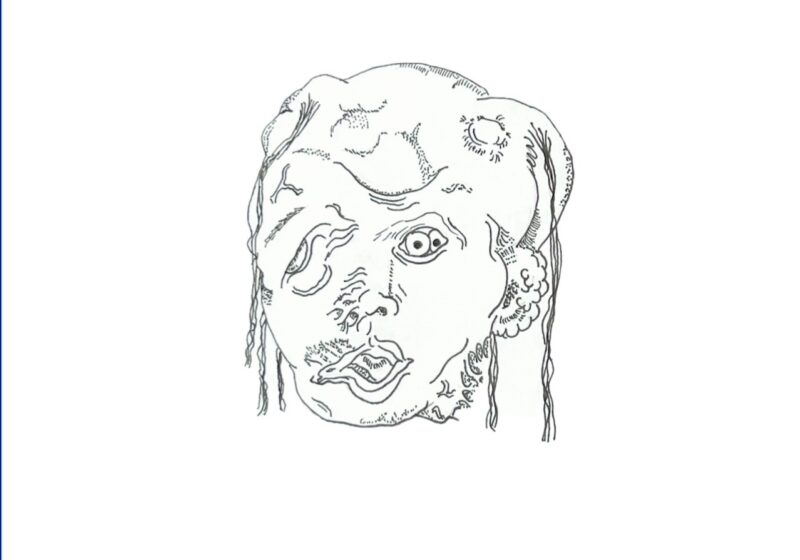On Oct. 12 in the Gowen Room, College Feminists hosted their annual Take Back the Night event. The program, which is part of a national movement against sexual assault on college campuses, is meant to provide a space for victims to speak out and feel heard and bring the rampant presence of sexual assault to light. In the last decade, it has become a staple fall semester event at the University.
Take Back the Night takes place within the Red Zone, the period between the beginning of the fall semester to Thanksgiving break, during which over 50% of campus sexual assaults occur.
“Every year, we see how important Take Back the Night is to every single person who attends,” said College Feminists co-president Navya Soogoor. This year is her second time being involved in the planning of the event. She told the Campus Times that “hearing that having Take Back the Night on Campus has made even a single student feel safe” is what motivates her and the College Feminists to continue hosting this event.
According to Soogoor, Take Back the Night “[gives] survivors of sexual assault and rape a space to share their stories where they can feel supported and comforted by our club and the community.” She has seen them “take home that impact in a lasting way.”
The two goals for 2023 specifically, according to Soogoor, were “empowerment and education.”
For Soogoor, “hearing that having Take Back the Night on Campus has made even a single student feel safe” is motivation enough for her and the College Feminists to continue hosting this event.
Take Back the Night is split into three sections. The first section educates students about on-campus and off-campus resources and allows speakers from those resources to speak to attendees. This year, Willow and RESTORE were the two organizations highlighted.
Maddi Howard, the University’s RESTORE advocate, explained how RESTORE works as a confidential resource that can provide sexual assault victims assistance through legal and medical processes.
“Take Back the Night and events like it have been a powerful way for survivors to share their stories and use their voice for decades,” said Howard.
According to Howard, student activism is vital to shifting campus culture. “Students do have power in their community,” she said, “and speaking out can help survivors feel like they aren’t alone.”
When asked about what actions the University could take to better support victims, Howard hopes that new federal Title IX regulations to strengthen protections for students experiencing sexual harassment — of which, according to the U.S. Department of Education, should have a final ruling this month, will make the Title IX process more trauma-informed and easier for survivors to participate in.”
Between 2020 and 2022, there have been 105 reported cases of sexual assault on campus. While students are encouraged to speak up when they hear harmful language or jokes and resources remain available on campus for survivors and bystanders alike, events like Take Back the Night further promote the importance of pushing for accountability on campus.
The second portion of the night was the Survivor Speak Out, in which members of the audience were encouraged to share their experiences with sexual assault. Howard felt that “bravery [within the room] was contagious” and that she “could feel it continue to grow in power as the night progressed.” She was “so proud of survivors for coming forward and sharing their stories.”
The third portion of the night was the march. Attendees used markers and poster board provided by College Feminists to create a variety of signs denouncing rape culture on university campuses. Then, they marched out of Wilson Commons and into the Fraternity Quad. This was them “taking back the night.”
One of the marchers, who did not want to be identified, informed the CT of how she had never been assaulted herself but this event worked to broaden her sense of empathy towards other victims. She wishes that resources to protect these victims were more highly publicized by the University.
A group of girls from Sigma Delta Tau also told the CT how impactful the night was. They found it “ridiculous” that the University has only a singular required training about sexual assault for those involved in sororities or fraternities, “especially considering how big of a problem it is in Greek life.”
When asked about the purpose of Take Back the Night, one of the girls said, “It’s so important to expose that sexual assault happens on this campus. It isn’t just something that happens at party schools. It happens at the University. We need to know that.”




